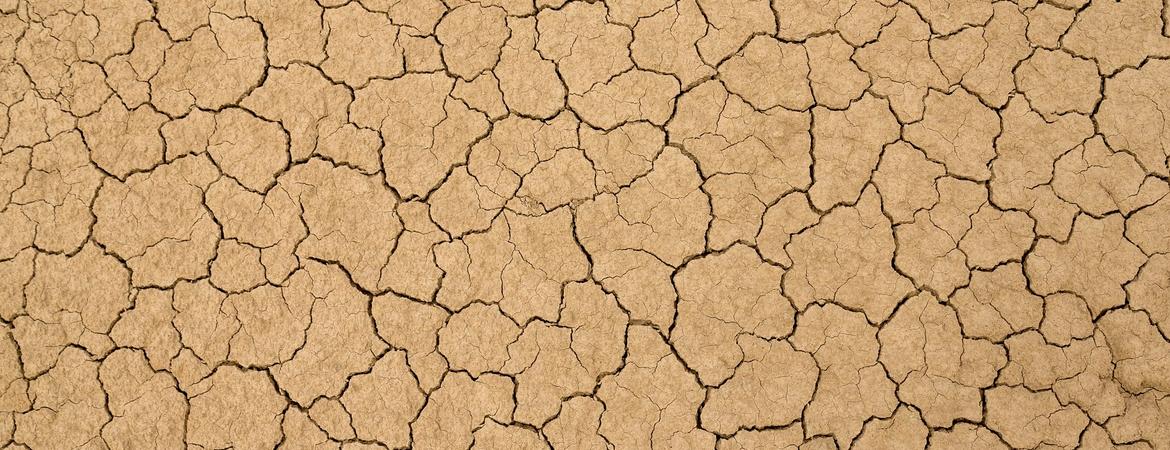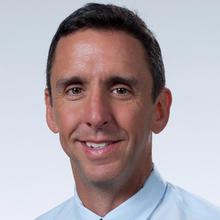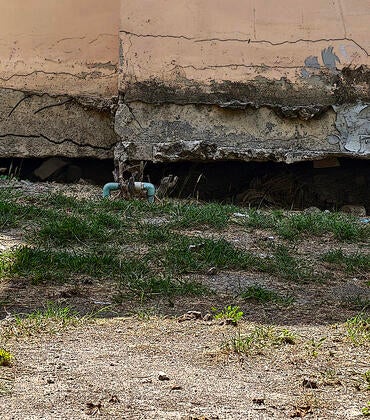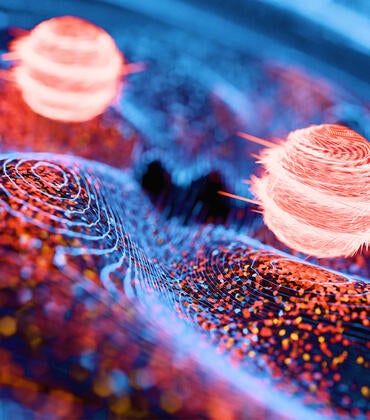
In the coming days, Riverside and San Bernardino will remain in the triple digits. In Palm Desert, the mercury will hit 120oF on Saturday, and will remain above 110oF for the foreseeable future. We asked UC Riverside physicians Rajesh “Robby” Gulati and Brigham C. Willis some need-to-know questions, including how much (heat) is too much, and how much (water) is not enough.
Is there a temperature threshold at which hot becomes dangerous?
Gulati: Normal body temperature is 98.6°F. If the outside temperature is between 90° and 105°F, it can cause heat cramps. If between 105° and 130°F, heat exhaustion can occur. If above 130°F, it can cause heat stroke.
When things reach this point, there can be loss of consciousness, skin can turn red, there can be nausea, vomiting, dizziness, and other symptoms.
What’s a safe amount of time to spend outside midday?
Willis: The amount of time one can spend outside in the heat depends on a lot of factors. Body mass, how acclimated one is to the heat, age, etc., so it is hard to say. Also, if one remains well hydrated, it is much safer to stay outside in the heat.
Temperature thresholds vary from person to person, but once it becomes around 105°F or more, health consequences become more widespread. This varies with humidity levels; in very humid conditions it can be harder to disperse heat through sweating (this is why a “dry heat” doesn’t feel as hot sometimes), how much wind there is, and more. It also varies by age, with infants and the elderly being at higher risk due to less efficient temperature regulation mechanisms. Heat exhaustion and heat stroke become much more common above 110°F or so.
“If one remains well hydrated, it is much safer to stay outside in the heat.”
— Willis
Why is hydration important?
Willis: Adequate hydration is critical to the functioning of all our organs. You need sufficient fluids and blood volume to maintain cardiac output, brain perfusion, kidney function, and more. Long term consequences of severe dehydration can be as bad as organ failure.
Generally, in the heat one should drink at least 3 cups (24-30 ozs; almost 1 L) per hour to stay well-hydrated. This amount should hold most everywhere, although again with humidity level, activity level, and many other factors this could vary.
What does dehydration do to the body and what are the long-term consequences, if any?
Gulati: Dehydration can cause muscle cramps, headache, dry mouth, thirst, fever and drop in blood pressure. In severe cases it can cause loss of consciousness, feeling dizzy, confusion, and palpitations.
Long term dehydration effects include continued muscle spasms and sometimes the eyes can sink in. Seizures can also occur because of electrolyte disturbances. The other effects can be urinary tract infections, kidney stones and kidney failure. One of the most serious side effects can be a low blood pressure shock-like state.
“Drink when you feel thirsty. That’s the body’s way of telling you it needs water.”
— Gulati
How much more water should one drink during 100-plus-degree weather?
Gulati: One of the good parameters for monitoring if you are well hydrated is through the color and quantity of your urine. The darker the urine, the more water you need. If you want to go in further detail, weigh yourself before and after exercise or before you go out in hot weather for 2-3 hours and afterwards. For every pound lost, replace it with 16 ounces of water.
As people travel this summer, should they be drinking different amounts of water depending on what part of the country they’re in?
Gulati: Drink when you feel thirsty. That’s the body’s way of telling you it needs water. Simple water is the best, you can also go along with calorie-free and flavored waters. You can also add orange or lemon to the water. Try to stay hydrated throughout the day rather than drink lots of water in one sitting. Watch the color of your urine.
Rajesh “Robby” Gulati, M.D., is the associate dean of graduate medical education and designated institutional official at the UCR School of Medicine.
Brigham C. Willis, M.D., M.Ed., is the senior associate dean of medical education at the UCR School of Medicine.





